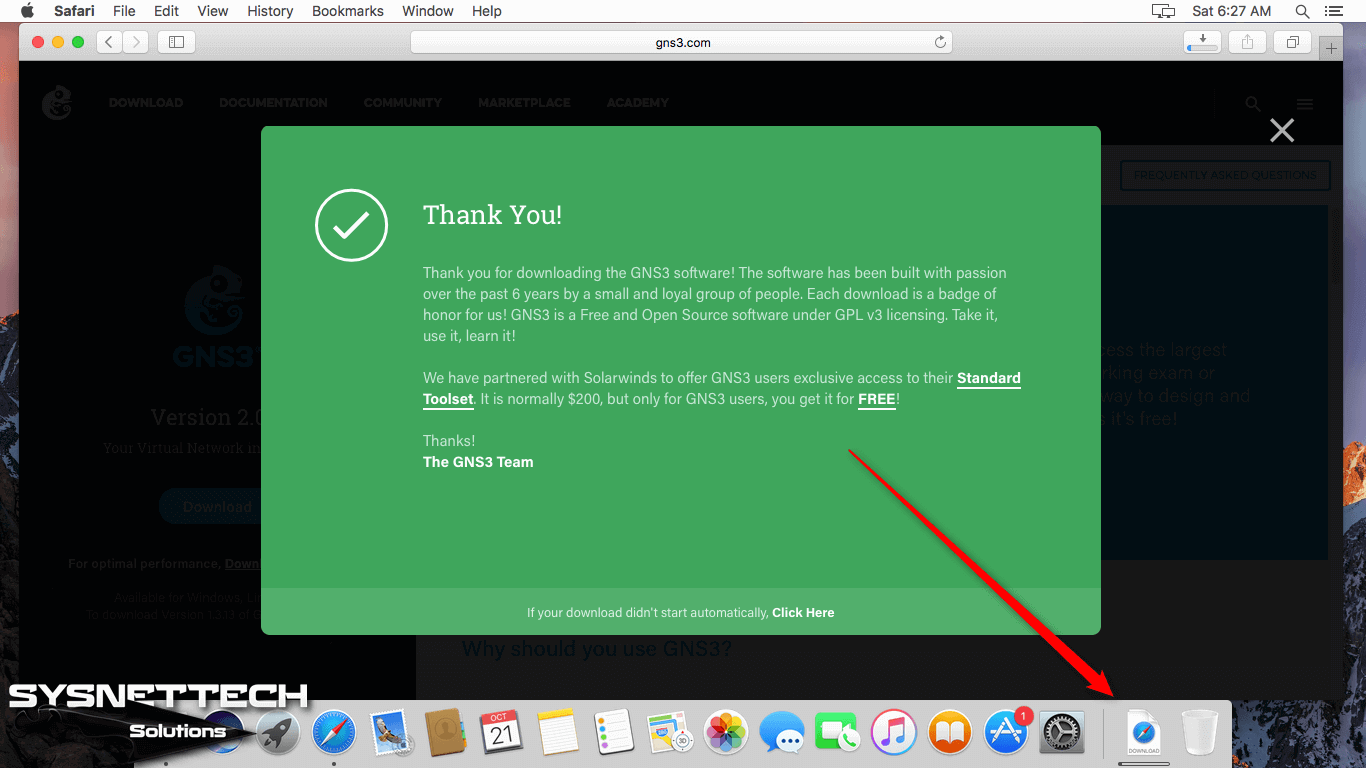
- #Burn for mac os sierra how to#
- #Burn for mac os sierra mac os x#
- #Burn for mac os sierra mac osx#
- #Burn for mac os sierra install#
- #Burn for mac os sierra download#
You’ll then be able to use the arrow keys to select the newly created external boot drive. It’s pretty simple though either select the drive under System Preferences > StartUp Disk and restart or hold down the option key when starting your mac, with the external drive already connected.
#Burn for mac os sierra how to#
This official support document from Apple will tell you how to use both Start Up Preferences and the Start Up Manager to boot from your external drive. Then use this USB stick to create a bootable drive on the second USB stick.
#Burn for mac os sierra install#
Or, create a bootable installer on a second USB stick to create your own ‘other mac’, to install from.

Create the bootable external drive on their computer from the downloaded installer. If you only have one Mac and it’s already updated to High Sierra, it’s possible that you might find yourself in a situation where you won’t be able to run the installers to install them to an external drive.įind a friend with a mac running an older OS and take the downloaded installer and empty USB stick to them. If you can run the installer you’ve just downloaded, then it’s pretty straight forward to install it on the external hard drive, by following the on-screen instructions and selecting your freshly formatted external drive, instead of your internal drive. Install the older OS on an external hard drive
#Burn for mac os sierra download#
These files are fairly large, so you might need to give some time to download them. You’ll find the installer package in the Applications folder named ‘Install macOS Sierra’ (4.78 GB) or ‘Install OS X El Capitan’ (6.22 GB). If you get a warning saying that the installer can’t be run on (your newer) operating system, just press continue. In the list that appears you should be able to download previous versions. Open the App Store app and click on ‘Purchased’.
#Burn for mac os sierra mac os x#
You can download older versions of Mac OS X from the app store, that you’ve previously purchased. Now under ‘Erase’ you can select the root drive and set it to Mac OS X Extended Journaled and the Scheme to GUID partition.

In this example the root drive is ‘Freecom DataBar…’ and the volume is ‘Little Bert’. This will allow you to select the root drive, not just the volume.

To be able to set the GUID partition, click on the ‘View’ button in Disk Utility and select – Show All Devices. You’ll want to have at least 16GB of space on it, after you’ve installed the OS, so aim for a 32 GB stick to be safe.įormat your external hard drive to Mac OS X Extended Journaled with a GUID partition table, using Disk Utility.īy default under High Sierra you can’t see the same options you used to in Disk Utility in previous versions of the OS. Format the external hard drive correctlyĪs you’ll need to format the entire external hard drive to make it bootable, you might want to grab a USB 3 thumb drive, like this one, for a few bucks. If you’re not as fortunate, here is how to download, install and run an older Mac OS from an external hard drive. Luckily, I still have an old Mac laptop running OS X Sierra (10.12.6), which is super handy because now I don’t need to go through all this rigamarole to keep using DVD Studio Pro. How to install Sierra or El Capitan and run legacy apps from a bootable external hard drive How to do a clean install of Mac OS X from a USB Drive to a new SSD drive.

#Burn for mac os sierra mac osx#
If you’re trying to figure out how to make a client DVD in Mac OSX High Sierra, then this post will give you three ways to do it.


 0 kommentar(er)
0 kommentar(er)
